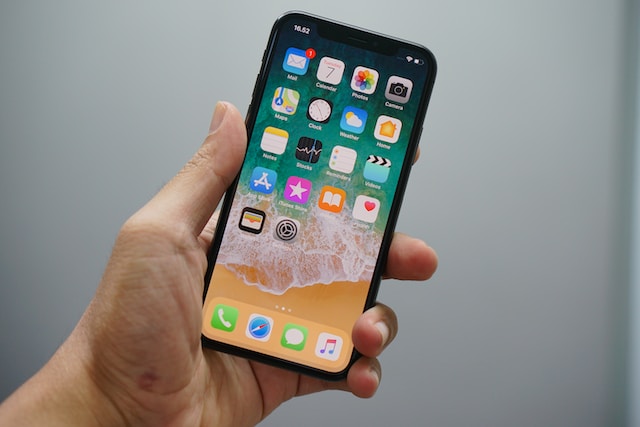Google’s Pixel devices have carved their own niche in the market mainly due to their prowess in imaging as well as clean software. However, the Tensor chip, often compared to Samsung’s Exynos, has sparked quite a debate among tech enthusiasts and users alike. Some argue that the inclusion of Tensor might render Pixel devices avoidable due to its similarities to the Exynos chip.
The Pixel Journey
Google’s Pixel lineup has been renowned for its stock Android experience, exceptional cameras, and seamless integration with Google’s services. The Pixel devices have gained a dedicated fan base, largely owing to their reliable software updates and emphasis on photography. They’ve not only showcased Google’s software prowess but also pushed boundaries in computational photography.
Enter Tensor: A Shift in Strategy
The launch of Tensor marked a pivotal moment for Google, emphasizing their desire to differentiate themselves further in the market. Instead of relying on off-the-shelf components, Google took the bold step of designing its own chip, aiming to optimize hardware and software integration. This move aligns with Google’s vision to enhance AI and machine learning capabilities within its devices, potentially revolutionizing user experiences.
Critics draw parallels between Tensor and Samsung’s Exynos, primarily due to Google’s partnership with Samsung in the development of the Tensor chip. The Exynos processors have faced scrutiny, especially concerning performance and efficiency compared to other chipsets. This has led some to speculate that Tensor might inherit similar drawbacks, impacting the overall performance of Pixel devices.
And rightly so. Because most users of Pixel 7 series which use Tensor G2 chip seem to complain about overheating, battery issues and network issues. In fact, most Pixel 7 devices get poor network in areas where other phones have no issues. Pixel 8 series running Tensor G3 is in the market now and while the issues seem to be lower than with G2, it remains to be seen whether they can catch up in performance to Qualcomm Snapdragon Gen 3 or even Gen 2 chips.
Considerations for Consumers
For consumers, the decision to opt for or avoid Pixel devices with Tensor largely depends on individual priorities. Those who prioritize a seamless integration with Google’s ecosystem, frequent software updates, and cutting-edge computational photography might still find the Pixel devices an appealing choice, despite the concerns about Tensor. However, I would be hesitant to use Pixel unless Google or Samsung sort out issues related to performance & network.





